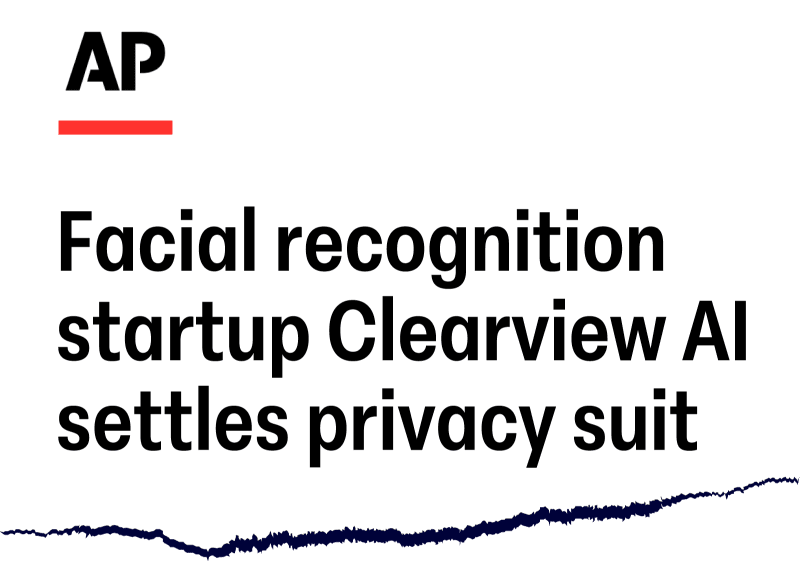Lawsuits Over AI Training Data Mount Against Major Tech Platforms
Multiple outlets and legal trackers reported on November 22, 2025 that a growing wave of class action and privacy lawsuits alleges software as a service and platform companies used user generated content and proprietary data to train AI models without adequate disclosure or consent. The cases, including Khan v. Figma in the Northern District of California, raise trade secret, unlawful access, misrepresentation and copyright claims and threaten injunctions, reputational harm and intensified regulatory oversight that could slow product rollouts and reshape data governance.

Federal courts and legal observers recorded a surge in litigation on November 22, 2025 accusing technology firms of incorporating user created material and internally owned datasets into artificial intelligence training pipelines without telling customers or obtaining clear consent. The filings, aggregated by multiple news outlets and legal trackers, include high profile complaints such as Khan v. Figma in the Northern District of California and span a range of theories from trade secret theft and unlawful access to misrepresentation and copyright infringement.
Plaintiffs in the new suits assert that platforms and software as a service providers treated customer work and proprietary corporate assets as fodder for machine learning models, exposing sensitive information and erasing the choices of content creators. The diversity of claims reflects the multiplicity of harms alleged: competitive leakage of confidential materials, unexpected dissemination of user creations in downstream model outputs, and the absence of meaningful disclosures about how data would be used to develop and commercialize AI features.
Companies named in these complaints have pushed back, denying wrongdoing while acknowledging the reputational and regulatory stakes of the controversies. That posture underscores the legal and commercial dilemma facing firms that built rapid AI capabilities on vast, messy datasets. For many technology providers, the business case for leveraging available data collided this year with a surge in legal scrutiny and public concern about consent and transparency.
Legal experts and industry analysts cited in the aggregated reporting warned that the litigation could lead to injunctions that restrict how companies collect and reuse data, sizable settlements, and heightened oversight from regulators. Such remedies would not only impose direct costs but could also slow product rollouts, complicate model training pipelines and prompt firms to invest heavily in new compliance, auditing and data governance mechanisms.
The implications extend beyond the parties in the courtroom. For enterprises that rely on model development, a judicial finding that certain data uses are unlawful would force software vendors to reengineer systems, partition datasets more aggressively and offer clearer user controls. For creators and corporate customers, the litigation amplifies demands for explicit opt outs, provenance tracking for model inputs and greater contractual clarity on permissible uses.
Academics and privacy advocates say the lawsuits will test unresolved questions at the intersection of intellectual property, contract law and emerging data protection doctrines. Courts will be asked to adjudicate whether machine learning training constitutes fair use or derivative exploitation, when access crosses into unlawful appropriation and what disclosures satisfy consumer protection standards in an AI era.
As cases multiply, regulators and lawmakers are watching closely. The immediate posture of industry—defensive denials paired with operational changes to shore up governance—suggests companies anticipate a period of legal and policy contestation that could reshape how AI systems are built and how user trust is governed in an economy increasingly powered by machine learning.
Sources:
Know something we missed? Have a correction or additional information?
Submit a Tip

